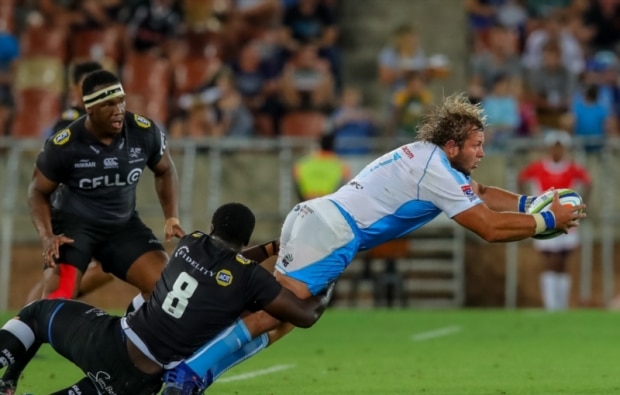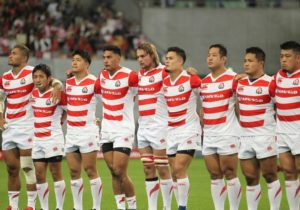South Africa’s Super Rugby franchises should be more competitive this year, writes CRAIG LEWIS.
The decision to cut two South African teams from Super Rugby is likely to be vindicated during the 2018 season. When it was made, SA Rugby CEO Jurie Roux openly acknowledged that the dilution of talent and resources across six franchises had simply become unsustainable. In the context of the ever-increasing player drain to overseas clubs, and the struggles for all of the South African sides to compete consistently in Super Rugby, it meant that the Cheetahs and Kings had to go.
Ultimately, the teams from Bloemfontein and Port Elizabeth respectively have been accommodated in the Pro14, while the Lions, Bulls, Stormers and Sharks will head into a restructured Super Rugby competition. Anyway you look at it, this should contribute to an improved product for a Super Rugby competition that had begun to prioritise expansion and commercial gains ahead of competitive, closely-fought matches across the board.
For South Africa’s remaining Super Rugby sides, the gauntlet has been clearly laid down by Roux: ‘As a rugby nation we need several strong franchises, all of whom are in with a serious chance of challenging for the title and we could no longer say that,’ he stated prior to the removal of two teams last year. ‘A reduction in the number of South African franchises was the unavoidable conclusion.’
He’s not wrong. Despite the Lions’ appearance in the last two finals, the fact remains that the Bulls were the last South African team to lift the Super Rugby trophy way back in 2010. Last year alone, South Africa’s Super Rugby franchises combined for 13 losses in 15 games against Kiwi opposition during the conference stage, while the Lions eventually lost to the Crusaders in the title decider at Ellis Park.
The Bulls’ regression since their last title success has been a source of serious disappointment, and although the Stormers and Sharks have been competitive performers, they have consistently fallen short at the business end of the competition. South Africa’s struggles at franchise level have also done no favours for the Springboks at national level, particularly when one considers that the flag-bearing Lions embrace a brand of rugby that is at odds with the commonplace approach at Test level.
In the end, something simply had to change in South African rugby – which has come in the form of a reduction in participants – and there is reason to believe that the four remaining franchises can provide SA fans with at least a healthier dose of good-news rugby in 2018.
Although the Lions have bid farewell to influential coach Johan Ackermann, the bulk of their squad remains intact for at least one more season, and they will be desperate and determined to finally go one step further in 2018 after back-to-back runners-up finishes.
The Bulls have a new man at the helm in John Mitchell, who has already begun to emphatically enforce a turnaround plan in Pretoria. His corporate talk of players needing to choose between Soar (Standards Ownership Accountability Responsibility) or Bed (Blame Excuses Denial) may have left some rugger-buggers scratching their heads, but it points to a fastidious new standard of performance that the Bulls will be held to.
Over on the east coast, the Sharks have recruited wisely. After acknowledging that they weren’t offering enough on attack in 2017, the Sharks have added talented backs such as Makazole Mapimpi, Leolin Zas and Rob du Preez to their backline ranks.
Down in Cape Town, the Stormers will be looking to build on Western Province’s domestic success in the Currie Cup, while coach Robbie Fleck is now heading into the third year of his tenure with no more excuses.
All in all, South Africa’s Super Rugby showing in 2018 should be improved. Now it remains to be seen whether one of the four remaining teams can display the necessary composure and tactical smarts to finally go all the way.
Photo: Gordon Arons/Gallo Images





